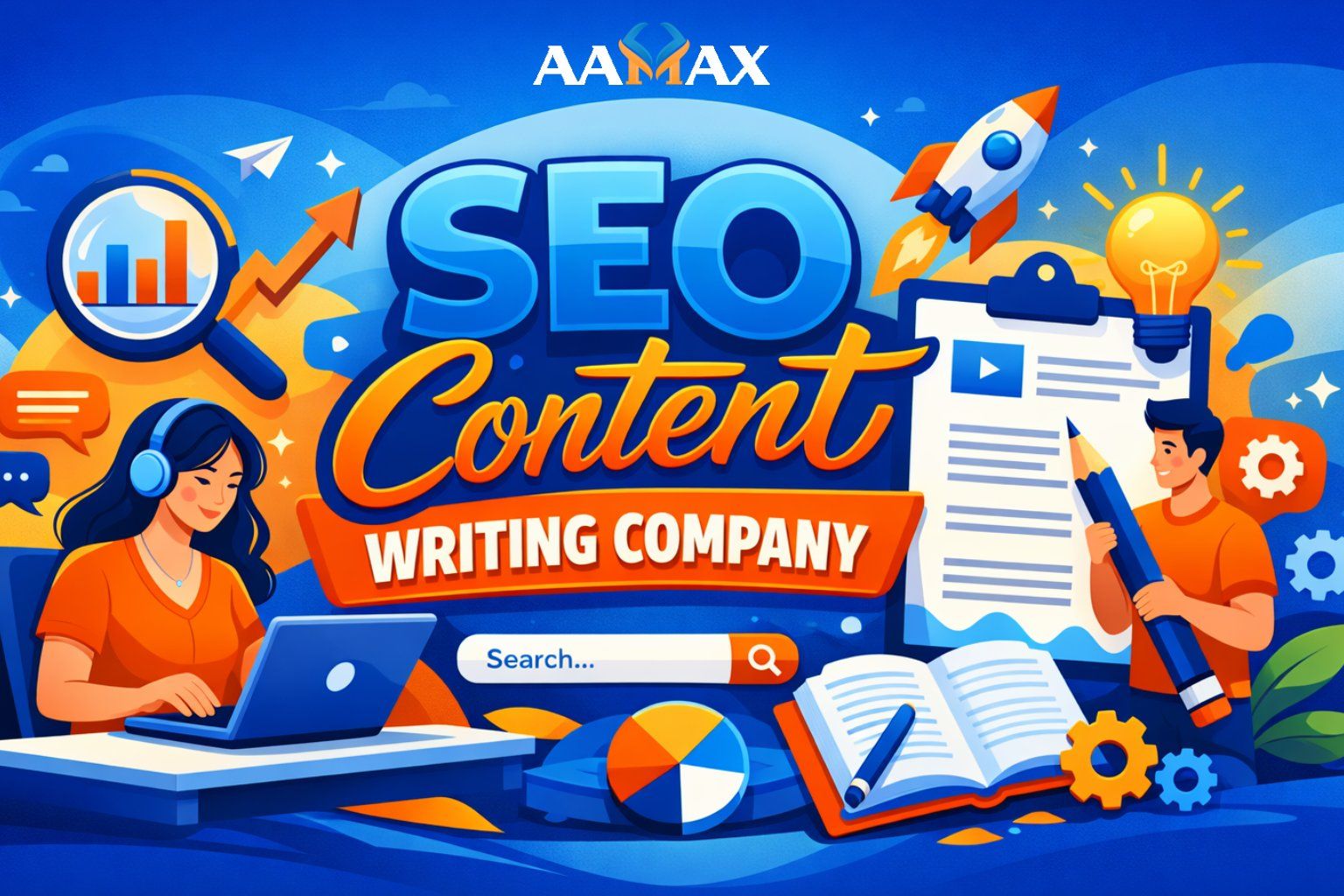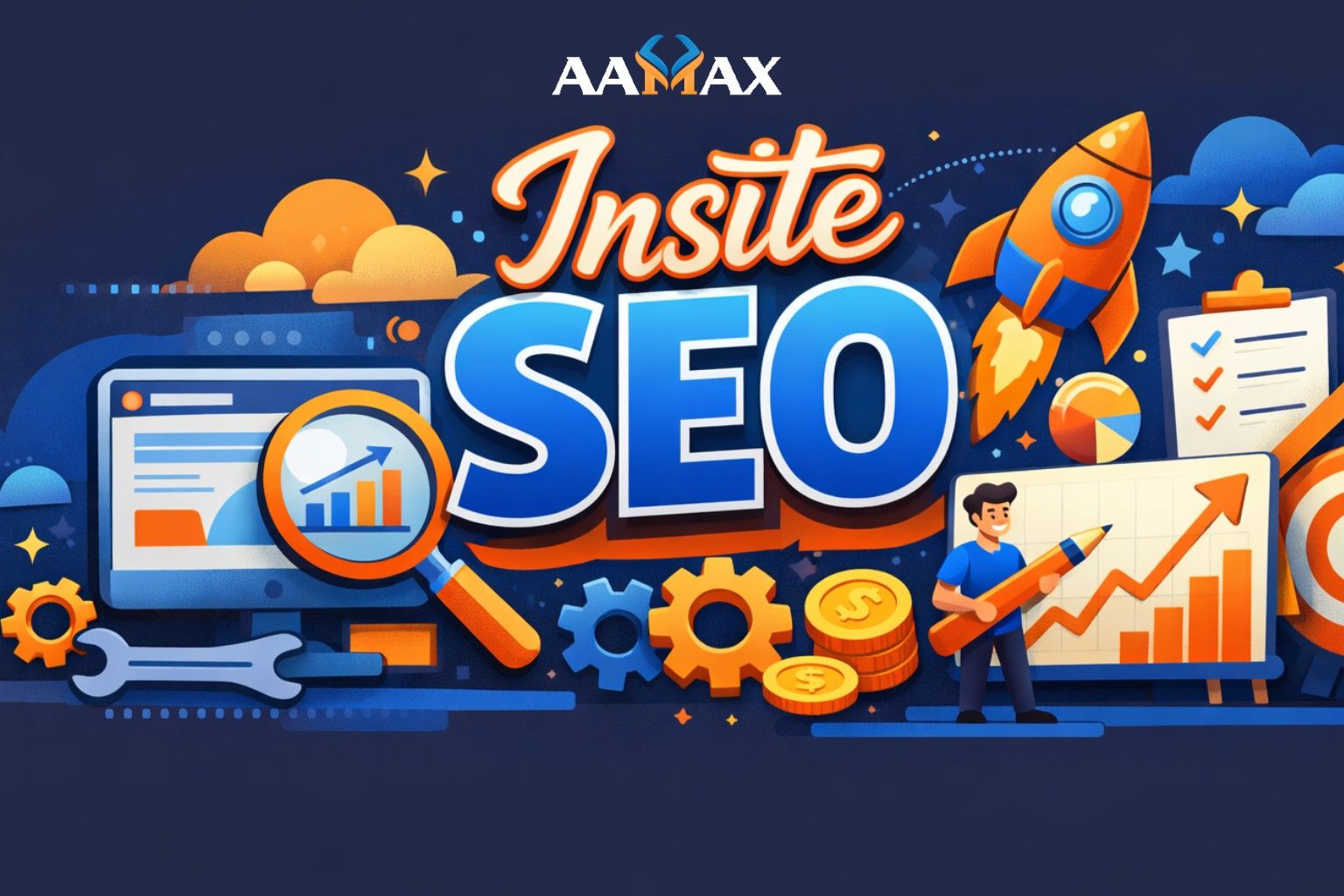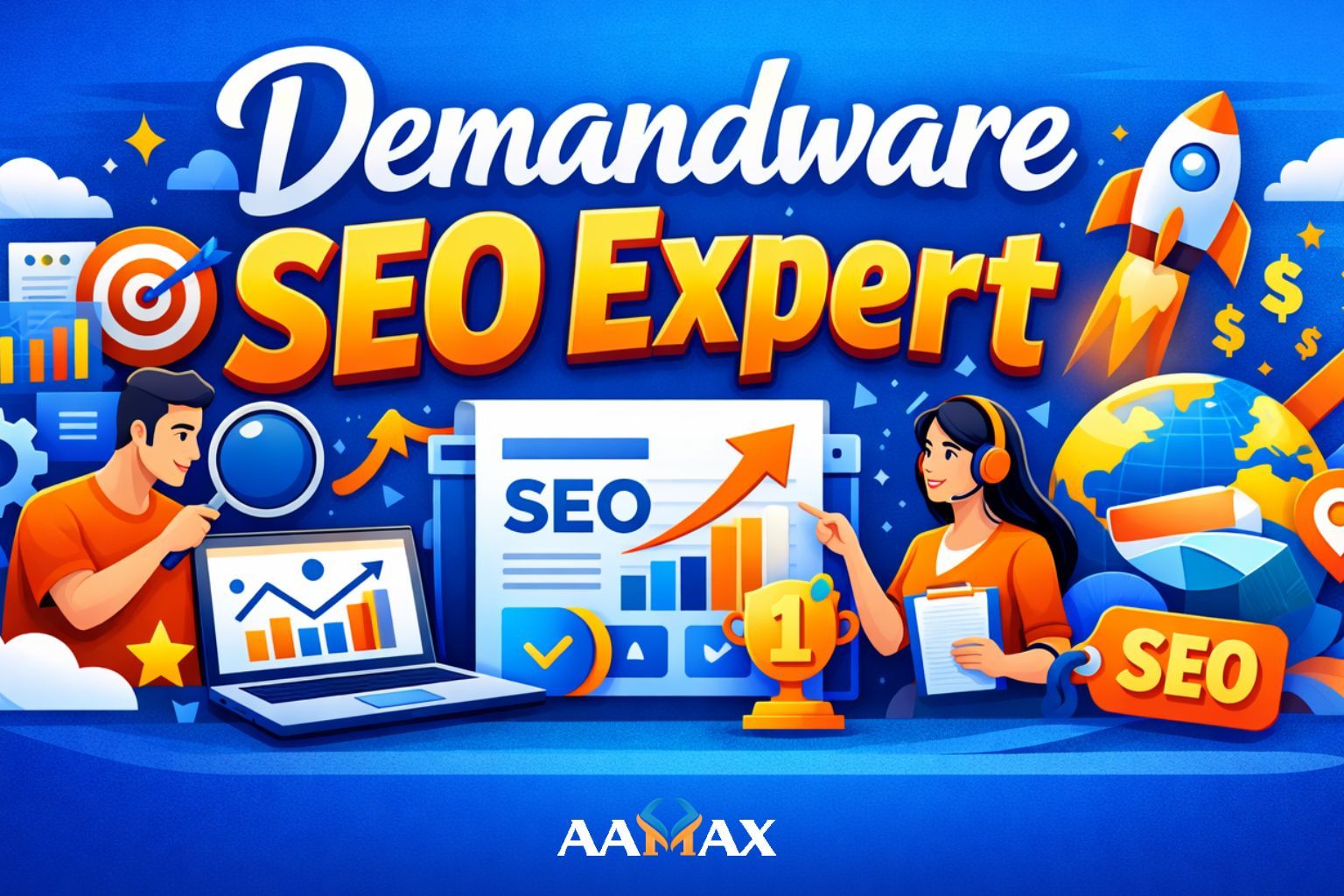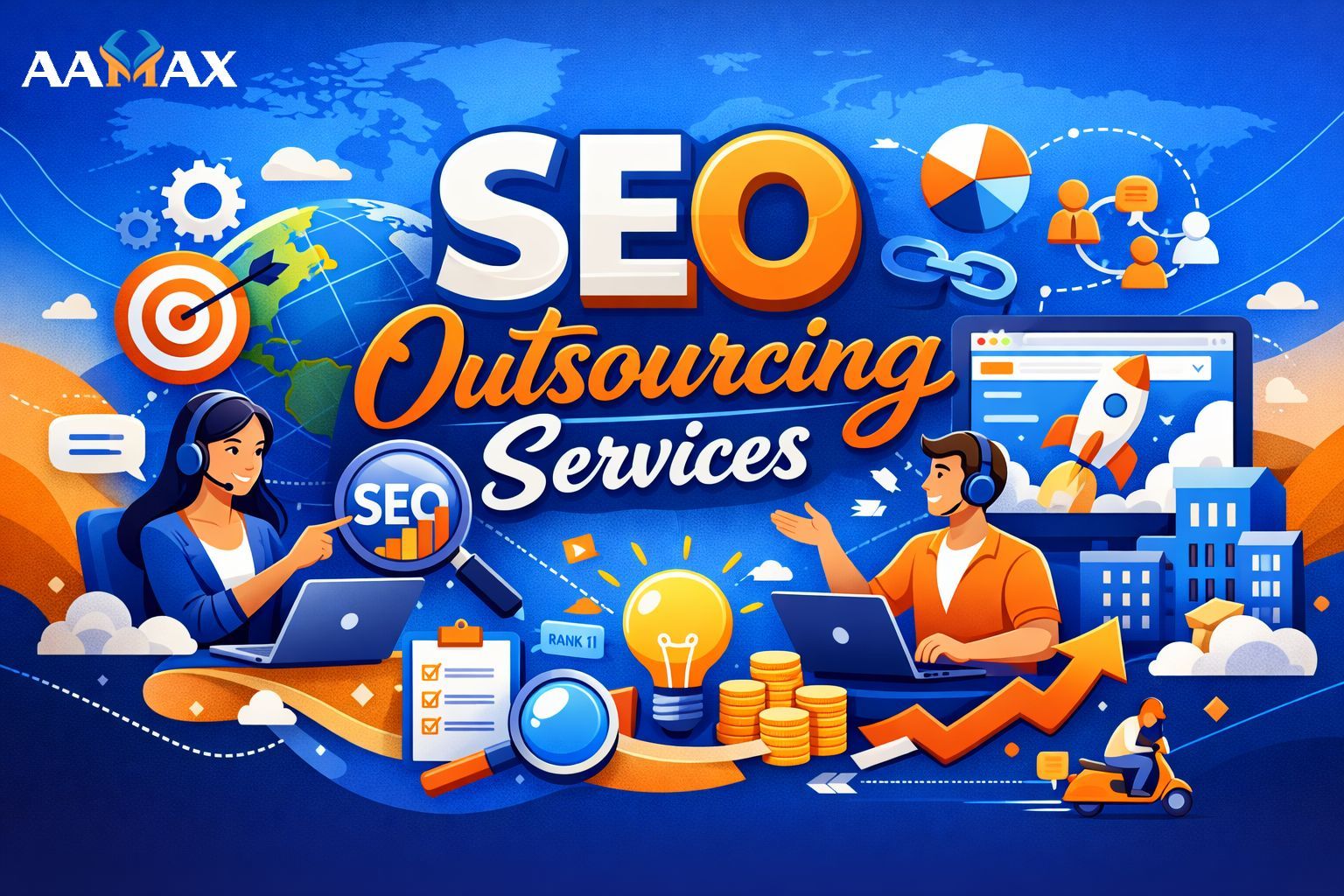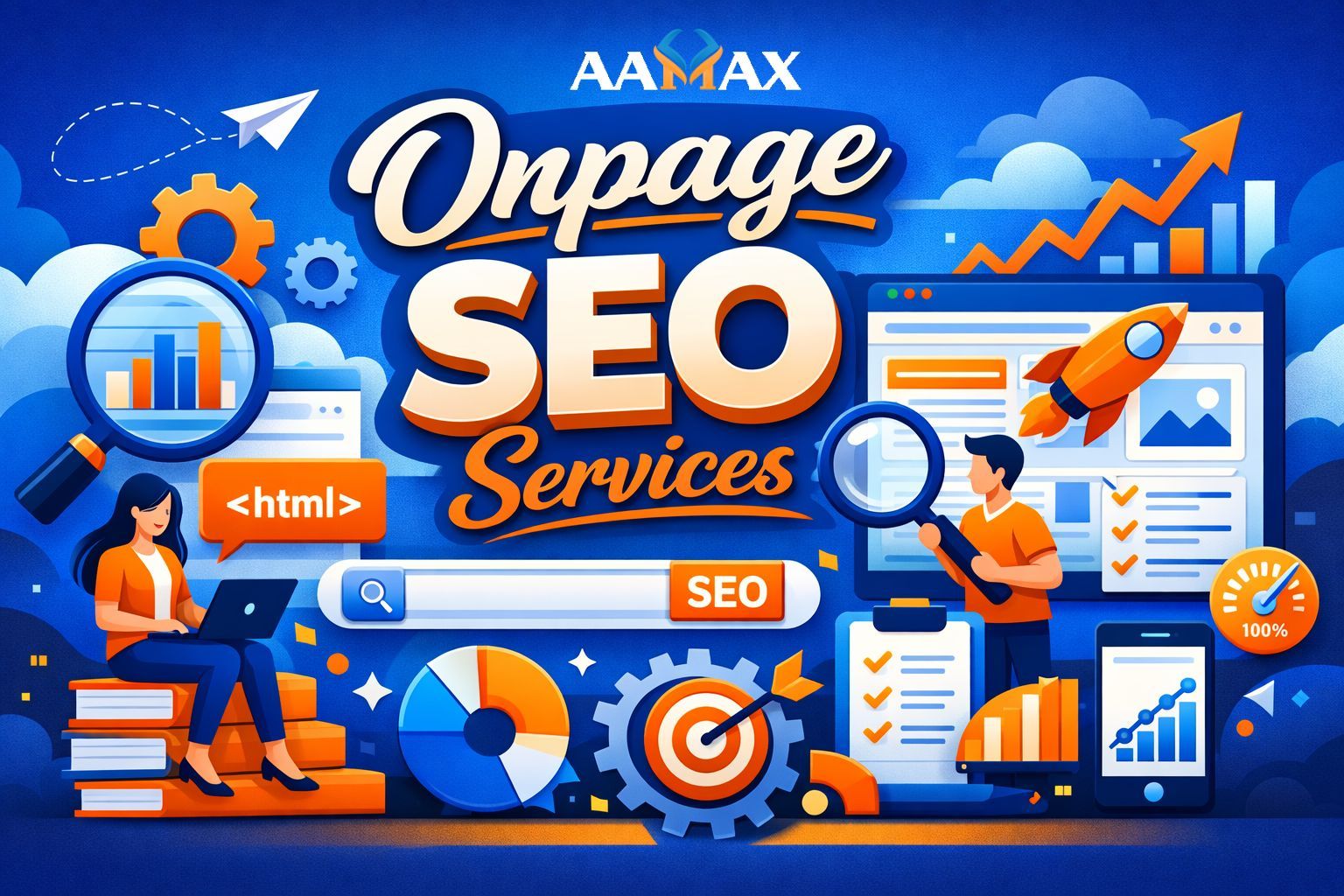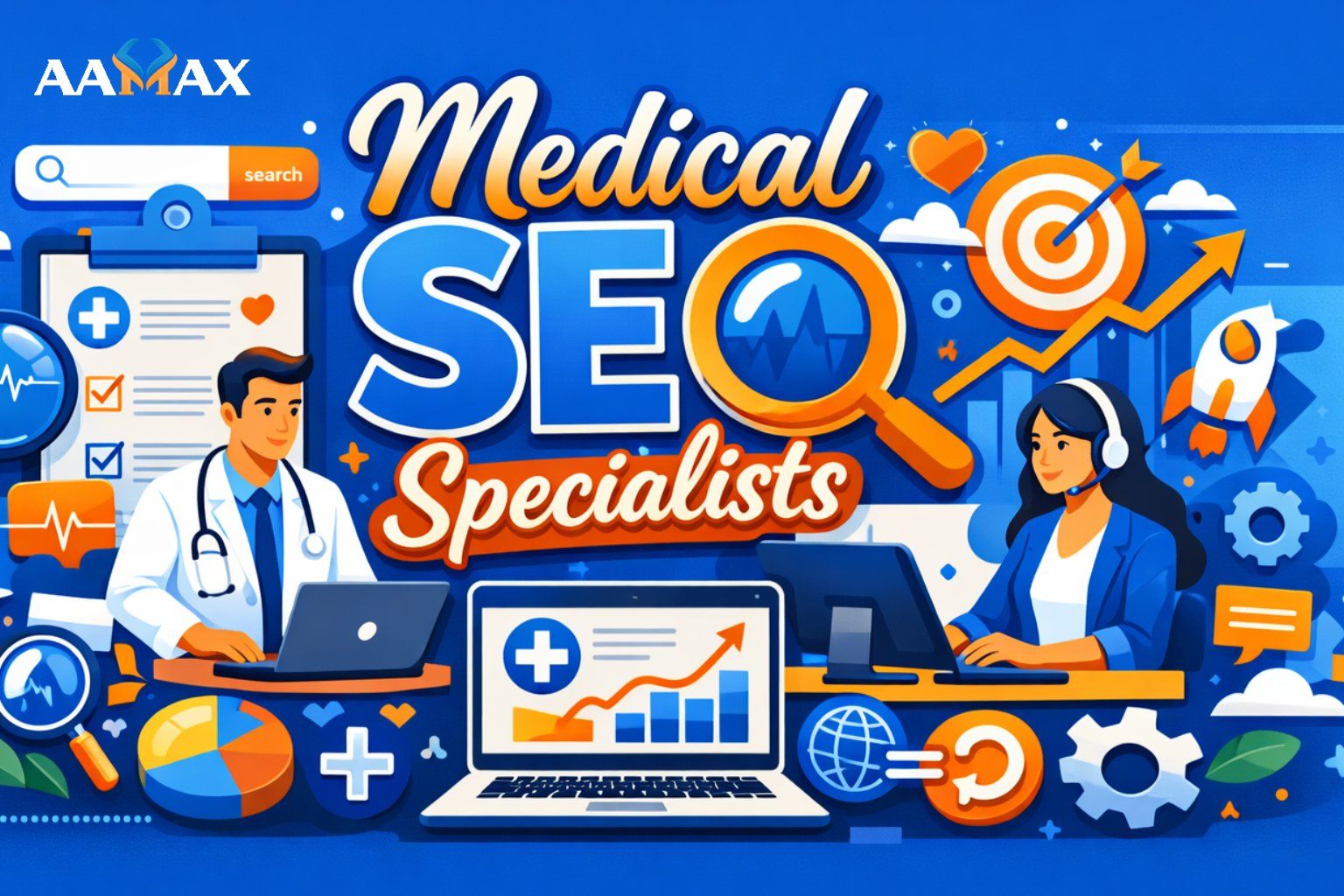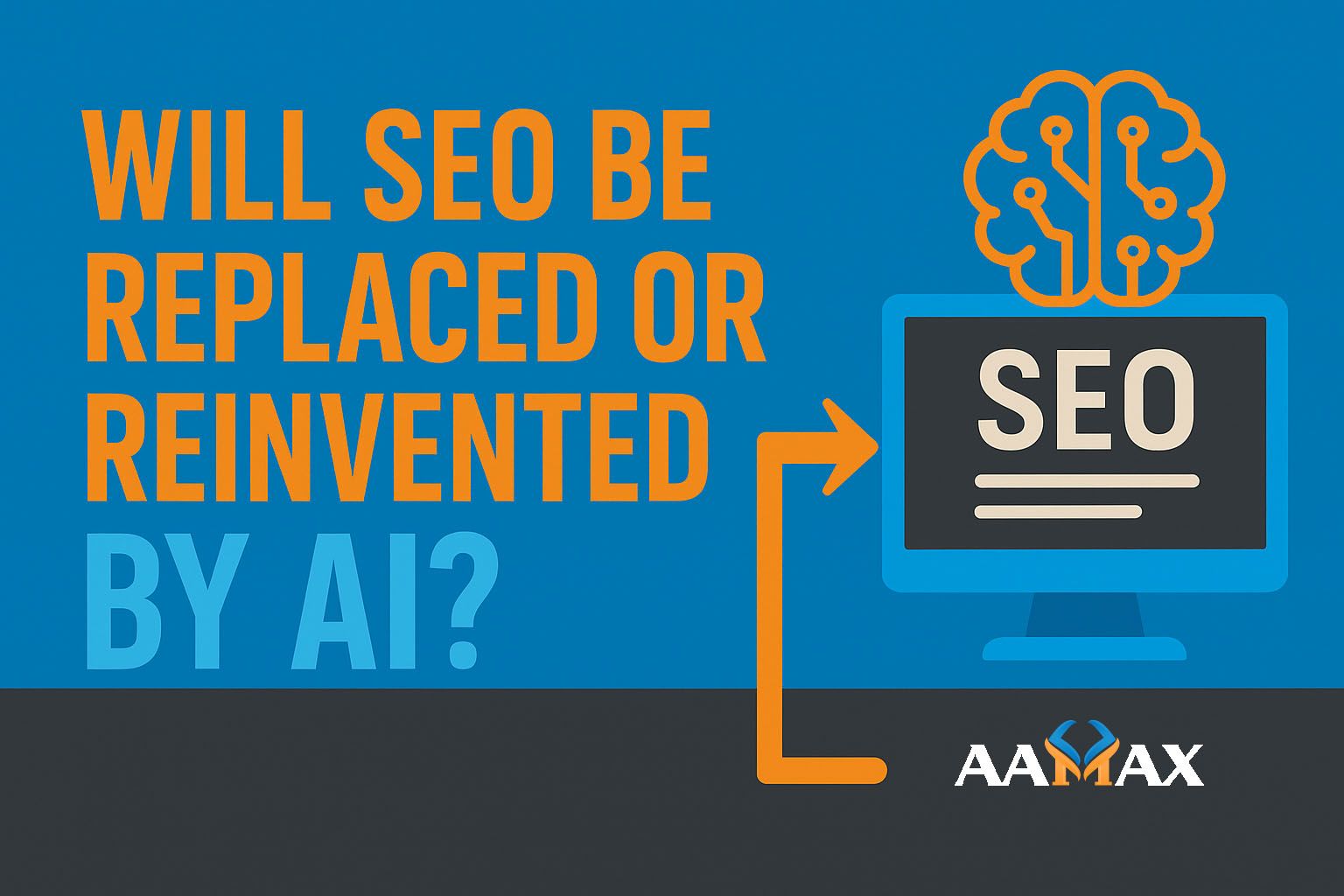
Will SEO Be Replaced or Reinvented by AI?
The rise of artificial intelligence (AI) is transforming nearly every aspect of digital marketing — and SEO is no exception. With tools like ChatGPT, Google Gemini, and AI-driven content assistants changing how we search, write, and optimize, the big question on every marketer’s mind is: Will SEO be replaced or reinvented by AI?
The answer is complex. While AI has undeniably disrupted traditional Search Engine Optimization (SEO) practices, it’s not eliminating SEO — it’s reinventing it. AI is automating repetitive tasks, refining keyword research, and helping search engines better understand intent, but it still relies heavily on human strategy, creativity, and critical thinking.
In this comprehensive guide, we’ll explore how AI is reshaping SEO, what the future holds for search marketing, and how businesses can leverage AI-driven optimization for long-term success. For those ready to take advantage of AI SEO innovation.
Understanding the Evolution of SEO
Search Engine Optimization (SEO) has come a long way since the early 2000s. In the beginning, SEO was mostly about keywords and backlinks — stuffing target words into web pages and securing as many external links as possible. However, as Google’s algorithms evolved, the focus shifted toward user experience, relevance, and intent.
Here’s a quick look at how SEO has evolved:
- Keyword Era (2000–2010): Ranking depended heavily on keyword density and backlinks.
- Quality Content Era (2011–2018): Google updates like Panda, Penguin, and Hummingbird prioritized valuable, relevant content.
- Intent and Context Era (2019–Present): AI-powered algorithms like RankBrain and BERT began interpreting user intent and language context more accurately.
- AI-Driven Search Era (2024 and beyond): With Google’s AI Overviews and Search Generative Experience (SGE), search results are now created dynamically by AI systems, combining sources into synthesized responses.
As a result, SEO professionals are no longer optimizing only for keywords — they’re optimizing for AI understanding.
What Is AI’s Role in Modern SEO?
Artificial intelligence is now embedded in nearly every aspect of SEO, from search algorithms to content optimization. AI helps both search engines and marketers analyze, interpret, and act on massive amounts of data faster than ever before.
Here are some ways AI is integrated into modern SEO:
- Search Algorithms: Google’s AI-driven systems like RankBrain, BERT, and Gemini analyze content context, user intent, and semantic meaning to deliver better search results.
- Content Creation: AI writing assistants can generate topic ideas, optimize meta tags, and suggest improvements for readability and SEO.
- Keyword Research: AI tools uncover semantic keyword relationships and user intent variations, allowing marketers to target more precise search queries.
- Technical Optimization: AI crawlers can audit websites for broken links, duplicate content, and speed issues automatically.
- Predictive Analysis: AI can forecast search trends, helping brands plan content ahead of emerging topics.
AI doesn’t replace SEO — it empowers marketers to make smarter, faster, and more informed decisions.
Will AI Replace SEO?
It’s tempting to think that AI could make SEO obsolete, but that’s far from reality. AI can process vast data sets, but it lacks the strategic creativity and contextual understanding that human SEO specialists bring to the table.
Let’s explore why AI will not replace SEO but instead push it to evolve.
1. SEO Depends on Human Intent and Emotion
AI can analyze search queries, but it cannot fully grasp the emotional drivers behind them. People search with intent, influenced by curiosity, frustration, or aspiration — all deeply human traits that AI cannot replicate authentically.
Effective SEO strategies require empathy: understanding what the audience truly wants and how they think. AI can assist with data, but humans still lead with insight.
2. AI Needs SEO to Function
AI-driven search systems depend on high-quality, optimized content to train and refine their algorithms. If the web stopped producing SEO-friendly content, AI search systems like Google’s SGE would have no accurate data to summarize.
Simply put, AI doesn’t replace SEO — it relies on it.
3. Technical SEO Still Matters
While AI can automate analysis, it can’t replace the need for a technically optimized website. Page speed, structured data, mobile responsiveness, and accessibility remain key ranking factors. These areas require human strategy and oversight to align with business goals and UX principles.
4. AI Can’t Replace Creativity
AI can help generate content ideas, but it cannot create brand identity or emotional resonance. Great SEO depends on storytelling — something AI cannot do without human direction. Brands that rely solely on AI content risk losing authenticity, voice, and trust.
How AI Is Reinventing SEO
Rather than replacing SEO, AI is reinventing it into a more intelligent, adaptive discipline. Let’s look at how AI is transforming every aspect of SEO today.
1. Smarter Keyword and Intent Research
Traditional keyword tools focused on search volume and competition. AI-driven SEO tools now go deeper — understanding semantic relationships, contextual meaning, and user intent behind queries.
For example, instead of just suggesting “AI SEO,” modern AI tools identify related intents like:
- “How to use AI for SEO optimization”
- “Best AI SEO tools for businesses”
- “AI vs traditional SEO strategies”
This shift allows marketers to craft content that matches why users are searching, not just what they’re typing.
2. AI-Powered Content Optimization
AI can analyze thousands of top-ranking pages to understand what makes them perform well — including structure, tone, and keyword placement. These insights help marketers create content that aligns with Google’s algorithms and user preferences simultaneously.
However, AI optimization doesn’t mean copy-paste automation. It’s about data-backed improvement, not mindless generation.
3. Predictive SEO
Predictive SEO uses AI and data analysis to anticipate future search trends. By examining user behavior, seasonality, and emerging topics, AI can forecast what people will search for next — giving brands a competitive advantage.
For example, an AI system might notice increasing searches for “AI content audit tools” before the trend peaks, allowing a business to publish relevant content early.
4. Enhanced User Experience and Personalization
Google prioritizes websites that deliver great user experiences — fast load times, clear layouts, and intuitive navigation. AI helps measure and improve these UX signals, analyzing click patterns and engagement data to suggest improvements.
Additionally, AI enables personalized SEO, tailoring content and experiences to different audience segments for higher engagement.
5. Voice, Visual, and Conversational Search
With the rise of smart assistants and visual recognition, AI is expanding SEO beyond text.
- Voice Search: AI helps optimize content for natural language queries like “What’s the best coffee shop near me?”
- Visual Search: Platforms like Google Lens and Pinterest rely on AI image recognition, emphasizing the need for optimized visuals and metadata.
- Conversational AI: As users engage in dialogue-like searches, SEO must adapt to answer-style content that directly addresses questions.
6. Automated Technical SEO
AI crawlers can identify issues such as duplicate content, missing metadata, and indexing errors automatically. They can even recommend structured data improvements or schema markup adjustments.
This automation saves time, allowing SEO professionals to focus on strategic growth instead of manual fixes.
The Future of SEO in an AI-Driven World
The integration of AI into SEO is only the beginning. The next phase of search will merge machine intelligence with human creativity, resulting in a smarter and more adaptive ecosystem.
Here’s what the future likely holds:
1. Generative Search Will Dominate
Google’s Search Generative Experience (SGE) and AI Overviews represent a fundamental shift. Search results are no longer a list of blue links — they’re AI-generated summaries that synthesize multiple sources.
To rank within these overviews, brands must create credible, well-structured, and expert-driven content that AI trusts enough to cite.
2. E-E-A-T Will Grow in Importance
As AI-generated content increases, Google will prioritize content that demonstrates Experience, Expertise, Authoritativeness, and Trustworthiness (E-E-A-T).
SEO will focus more on credibility, human insight, and transparency to stand out from generic AI content.
3. SEO Professionals Will Become AI Strategists
The role of SEO experts will evolve into AI SEO strategists — professionals who understand both traditional optimization and the behavior of AI-driven systems. They’ll balance creativity, data science, and UX to craft holistic digital strategies.
4. Content Will Be Topic-Centric, Not Keyword-Centric
Future SEO will focus on topic clusters rather than isolated keywords. AI’s understanding of language and context means it will reward comprehensive topical authority instead of repetitive keyword usage.
5. Real-Time SEO Adjustments
With AI analytics, websites can adjust content dynamically in real-time — updating headlines, calls to action, or page structures based on live user behavior data.
The Challenges AI Brings to SEO
AI brings powerful opportunities, but it also introduces new challenges that SEO professionals must navigate carefully.
1. Content Saturation
As AI makes content creation easier, the web is being flooded with articles, blogs, and product pages. Standing out requires originality, quality, and a strong brand voice.
2. Over-Reliance on Automation
Too much dependence on AI tools can lead to generic, unoriginal content that lacks depth. AI should assist, not replace, human creativity.
3. Ethical Considerations
AI models learn from existing data — which may include bias or inaccuracies. SEO professionals must ensure AI-generated insights align with ethical and factual standards.
4. Algorithm Transparency
AI algorithms are complex and often operate as black boxes. Understanding why rankings fluctuate will become more difficult, requiring ongoing adaptation.
How Businesses Can Prepare for AI-Driven SEO
Adapting to the AI era of SEO requires strategic foresight and continuous innovation. Here’s how businesses can future-proof their visibility:
- Adopt AI SEO Tools: Use advanced platforms for insights, keyword discovery, and predictive analytics.
- Focus on Value and Authenticity: Publish unique, experience-driven content that builds trust.
- Optimize for Conversational and Visual Search: Prepare for multimodal search behavior.
- Invest in E-E-A-T Signals: Showcase expertise through authorship, credentials, and trustworthy backlinks.
- Combine Human Creativity with AI Insights: Leverage AI efficiency while maintaining a genuine brand voice.
Why Hire AAMAX for AI SEO Services
As AI transforms the digital landscape, mastering the intersection of SEO and artificial intelligence requires expertise. That’s where AAMAX comes in.
AAMAX is a full-service digital marketing agency specializing in AI-powered SEO, web development, and digital marketing solutions. The AAMAX team combines human creativity with cutting-edge AI tools to craft SEO strategies that align with modern algorithms while maintaining authentic storytelling.
Whether you’re optimizing for Google’s AI Overviews, improving site performance, or scaling organic visibility, AAMAX provides the tools and expertise needed to help your brand dominate the next era of search.
Final Thoughts
So, will SEO be replaced or reinvented by AI? The answer is clear: SEO is being reinvented, not replaced.
AI may automate tasks, enhance data analysis, and redefine search behavior — but it still depends on human creativity, intent understanding, and strategic vision.
The future of SEO lies in collaboration between humans and machines. Those who embrace AI-driven optimization while maintaining a human touch will lead the next generation of digital marketing success.
To stay competitive and future-ready, now is the time to adapt — and with the right expertise and AI-powered strategies, your brand can thrive in this evolving landscape.

